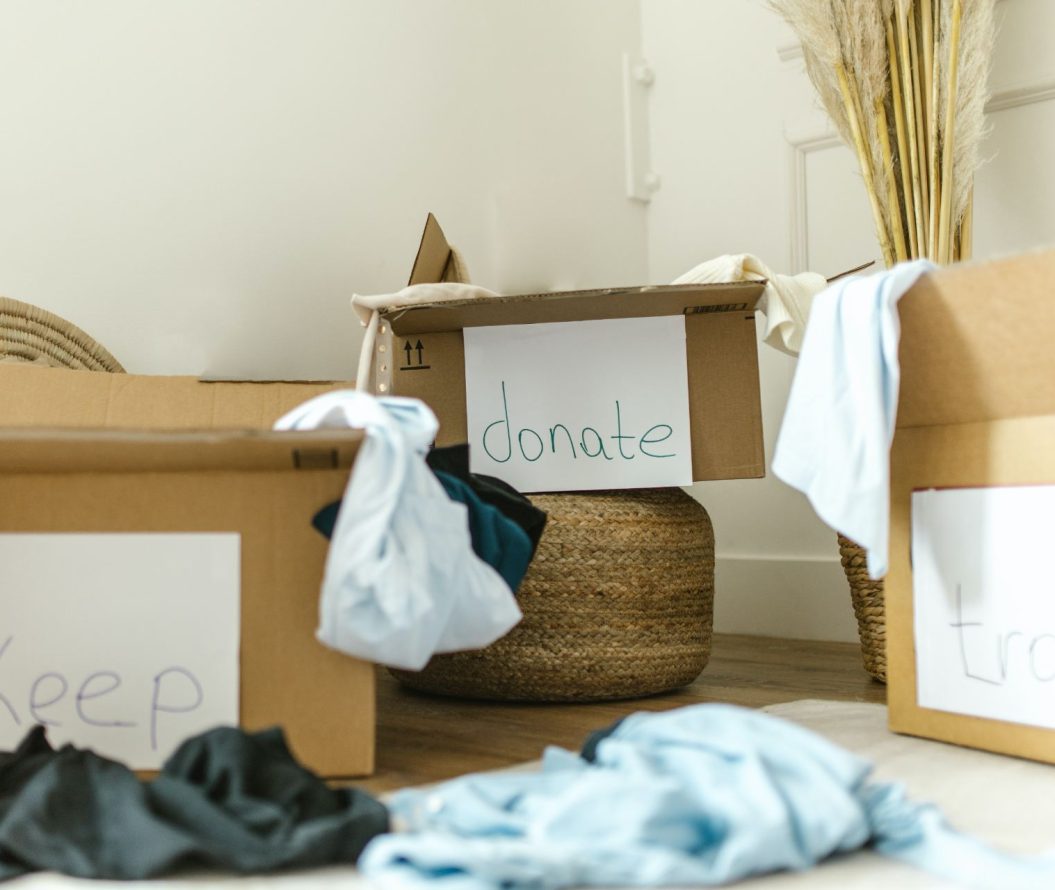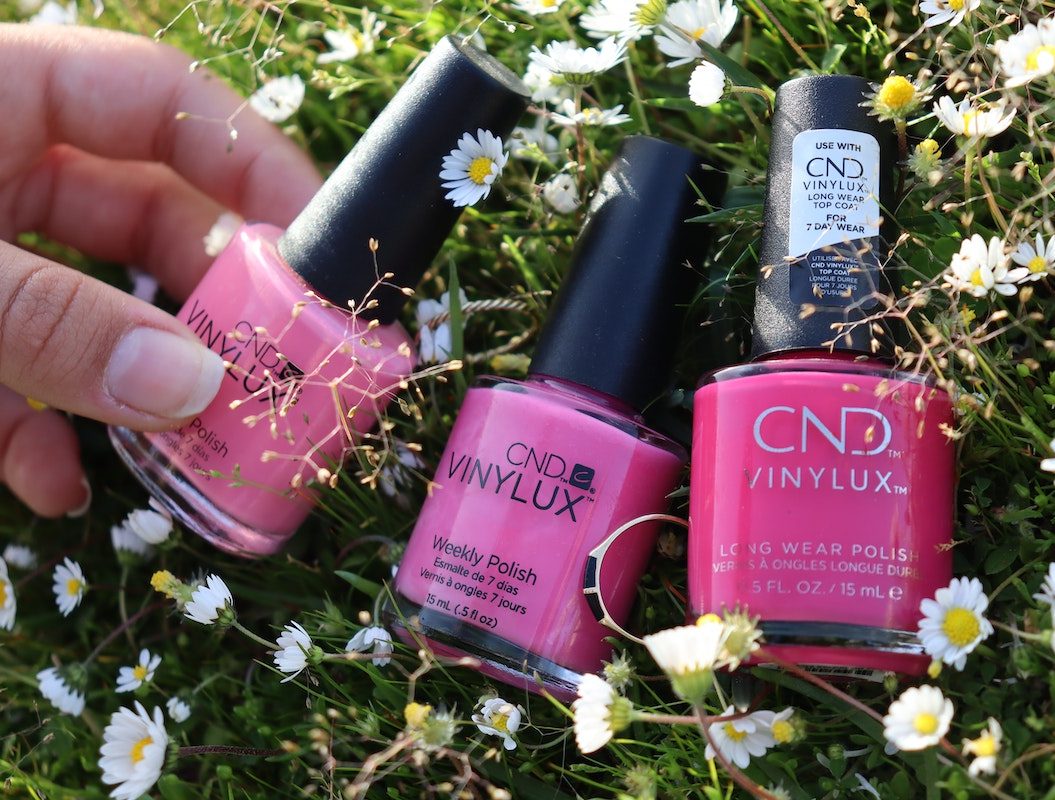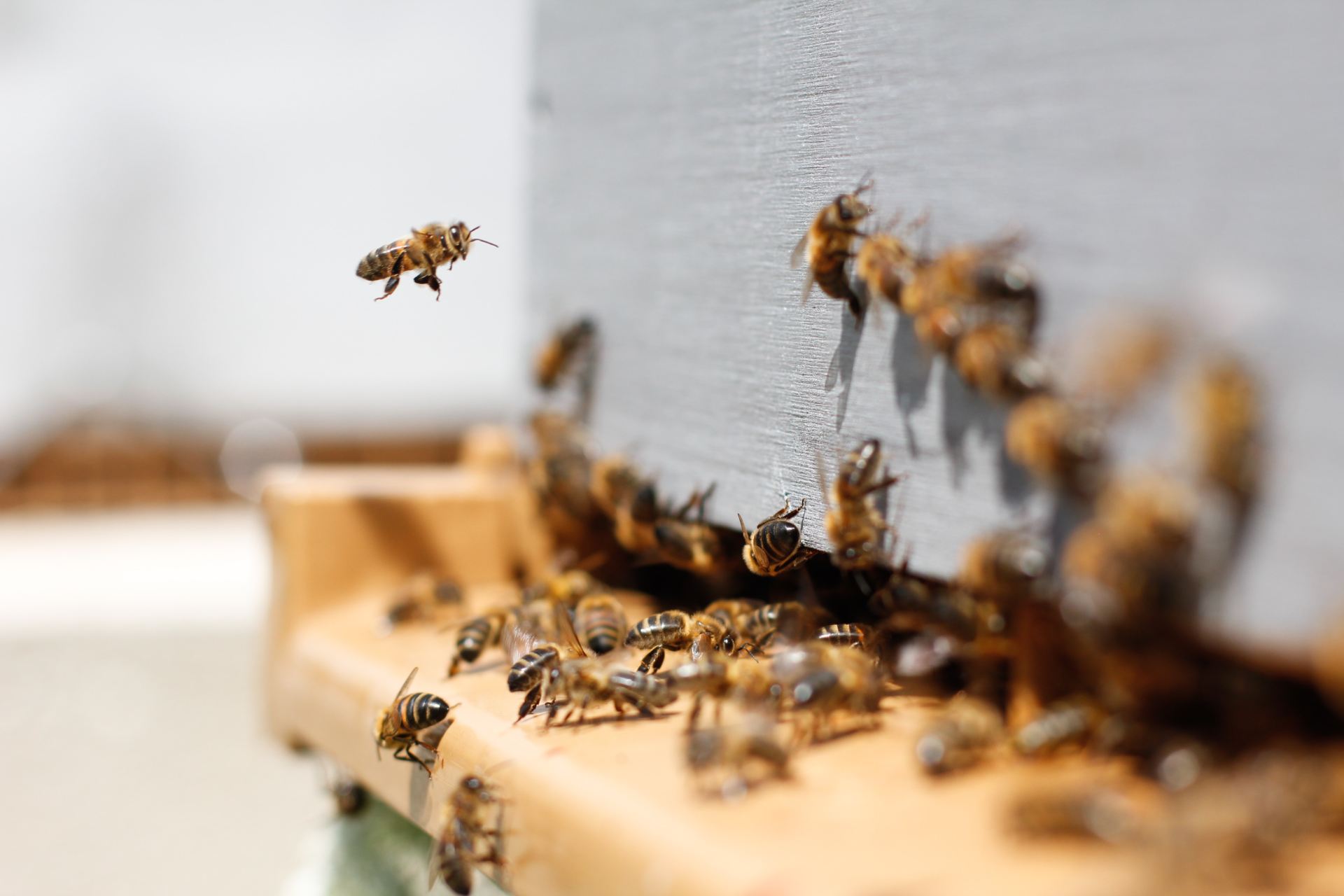
Bees are a massively important part of our ecosystem. But with the important role they play and other environmental factors that mean the number of bees is in decline, what small actions can we take to help them out?
In your garden
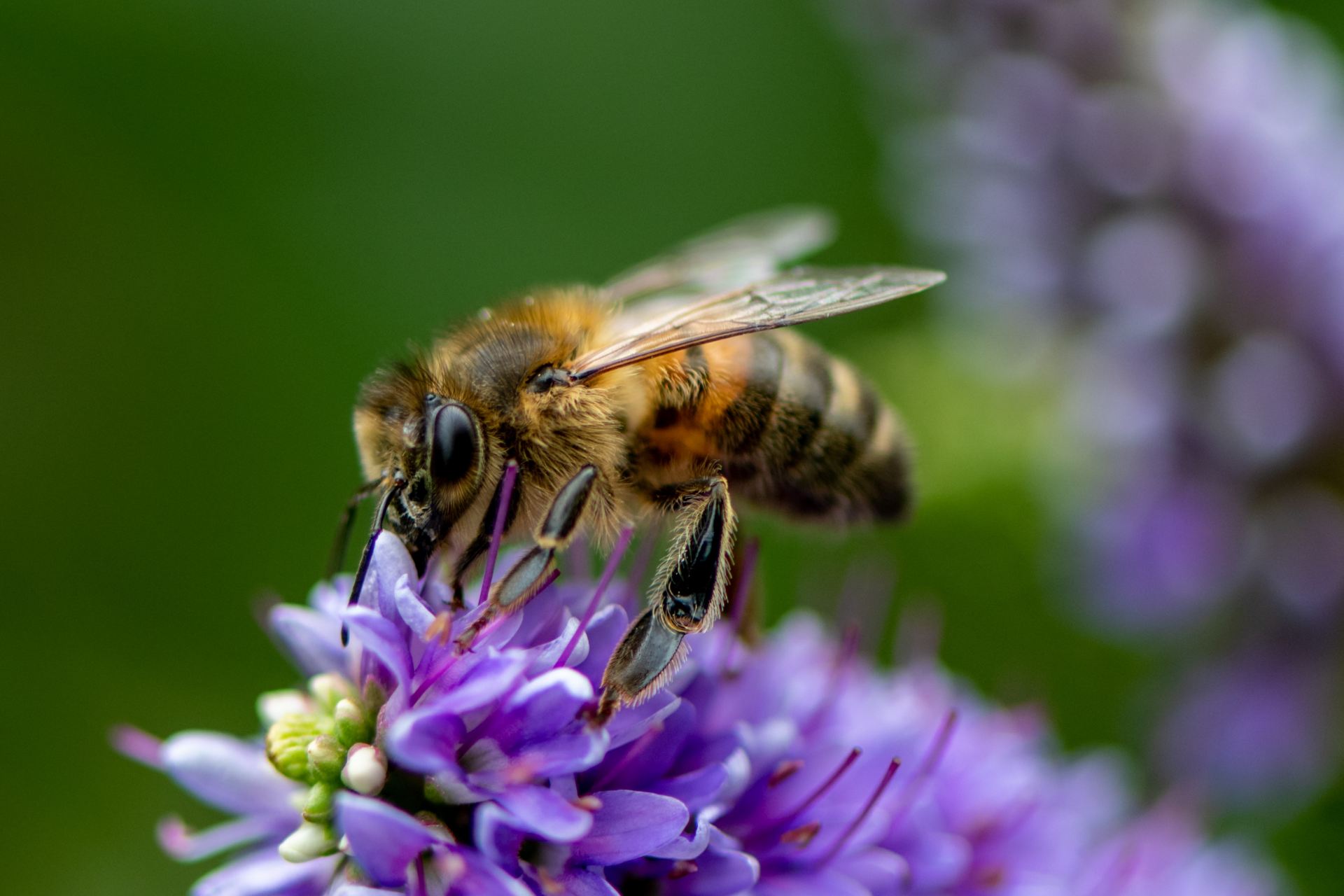
One of the ways you can help support bees is by making a few changes in your garden to make it more bee-friendly. This can be done no matter how much or little space you have. Flower beds or even just a few plant pots filled with seasonal, bee-friendly flowers can make a huge difference in supporting bees in your local area. Check out this article for specific species of plant for every season, or look in local garden centres or eco shops for pre-packaged flower seeds for attracting bees. Another option is to buy, or build, a bee hotel in your garden. Bee hotels provide long-term homes and nesting opportunities for solitary bees. Here is how to make your own as well as some additional information, or you can buy pre-built ones from most garden centres.
Finally, you can put together a simple bee bath, to provide water for tired garden guests. Bees need water for a variety of reasons, so having some available will increase your chances of bee visitors. Simply place a small glass or ceramic dish in a shaded area with a few clean rocks inside and fill it with clean water each day. Make sure you do not cover the rocks with water as these provide a place for the bees to stand while they drink, and clean out the bee bath regularly.
In the wild
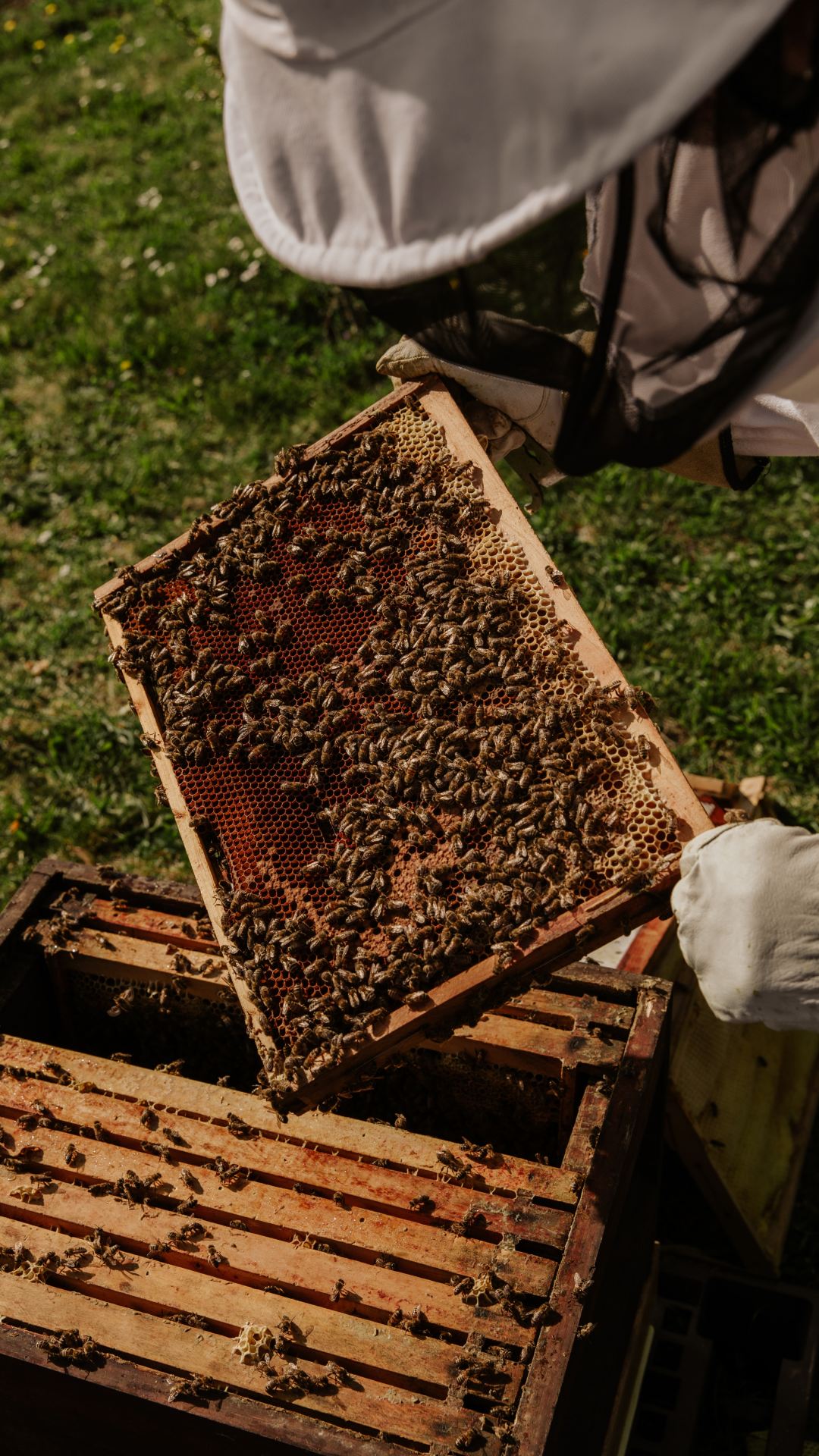
When out and about there are a few things you can do to help out as well. First of all, if you find a bee that is not moving, it may be tired. To help this bee out, make sure it is safe first. If it is in the middle of a busy path, you may want to try moving it somewhere safe. Avoid touching the bee directly, instead using a piece of paper or something similar to gently pick it up. If there is a patch of grass with flowers nearby this is the best place to take it. If not, simply move it out of harm’s way and, if possible, feed it a small amount of sugar water (at a ratio of 2:1 sugar: water). DO NOT feed bees, honey, as they do not eat it and it can spread diseases among the hive.
Another thing you can do, if you find a swarm of bees, is to contact a local beekeeper or swarm collector. Avoid calling pest control companies as they may kill the swarm instead of safely removing it and giving it a new home.
Support
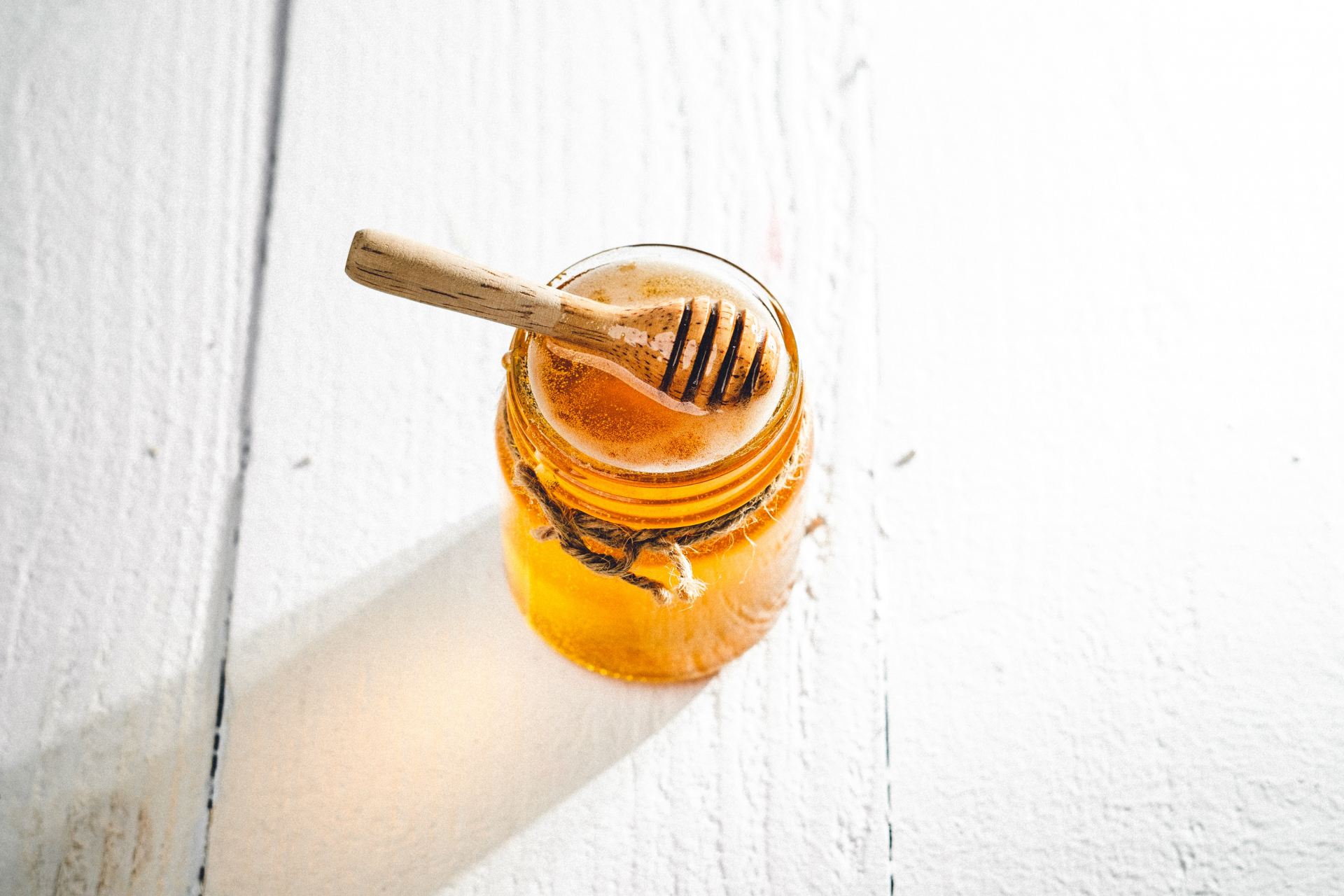
One of the most important things you can do is to support those who are directly involved in protecting large numbers of bees. If you eat or use honey, consider buying from a local beekeeper instead of generic supermarket honey. By doing this you are directly helping support their beehives, as well as supporting a small, local, hardworking business. Additionally, charities such as the Bumblebee Conservation Trust and National Trust whose websites both have tons of information about just how important these amazing creatures are.
The University of Lincoln, in collaboration with the University of Lincoln Students’ Union, is hosting a week of engagement on climate action, in support of COP26. Our aim is to inform, inspire and empower our community to act in response to the Climate and Ecological Emergency that the University of Lincoln declared in 2019.
- Topics
- Eco-friendly
- Nature
- Sustainability

